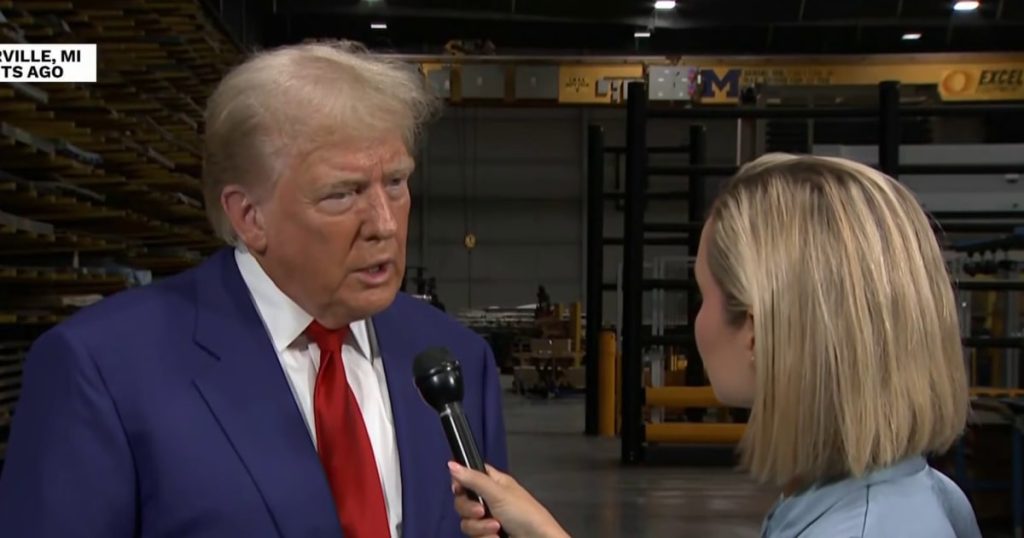In this content, the author explores the potential impact of artificial intelligence on the future job market. The overarching question is how automation and AI will affect the types of jobs available and the skills needed for the workforce of the future. The author discusses the rapid advancements in AI technology and the potential for machines to perform a wide range of tasks traditionally done by humans. They also highlight the potential for AI to create new job opportunities in sectors like robotics, data analysis, and programming.
One of the main concerns raised in the content is the potential for job displacement due to automation. The author discusses how certain tasks, especially those that are repetitive or require routine decision-making, may be easily automated by AI systems. This raises questions about the future of industries that rely heavily on manual labor or low-skilled workers. The author argues that while automation may lead to job loss in some sectors, it may also create new opportunities for workers to upskill and transition into more specialized roles.
The content also explores the potential implications of AI for the education and training of future workers. The author highlights the need for a more flexible and adaptable education system that can prepare individuals for jobs that require a mix of technical skills and creative thinking. They suggest that future workers will need to be able to collaborate with AI systems and adapt to changing technologies in order to remain competitive in the job market.
Another key point raised in the content is the importance of policy and regulation in shaping the future of work in the age of AI. The author argues that policymakers must consider the ethical and social implications of AI, including the potential for biases in automated decision-making systems and the impact on job security for workers. They also emphasize the need for policies that support lifelong learning and skill development to help workers adapt to changing job requirements in the age of automation.
The author also discusses the potential for AI to create new job opportunities in emerging industries. They point to sectors like autonomous vehicles, healthcare, and renewable energy as areas where AI can drive innovation and job growth. The author suggests that the key to harnessing the potential of AI lies in investing in education and training programs that equip workers with the skills needed to succeed in these rapidly evolving sectors.
Overall, the content highlights the potential for AI to both disrupt and create opportunities in the job market of the future. The author emphasizes the need for a proactive approach to preparing workers for the changes brought about by automation and AI, including investing in education and training programs, implementing policies to support workers, and promoting collaboration between humans and machines. By addressing these challenges, the author believes that society can harness the full potential of AI to create a more inclusive and prosperous future for workers.













